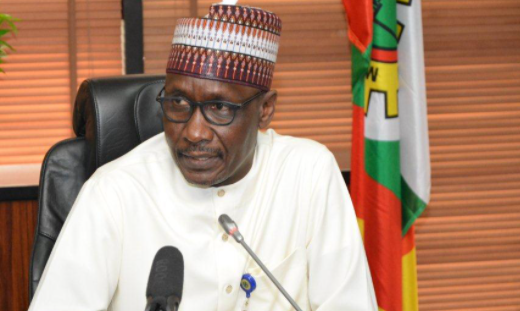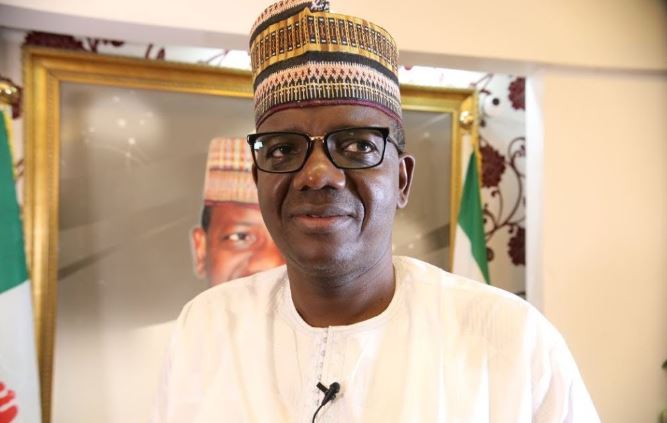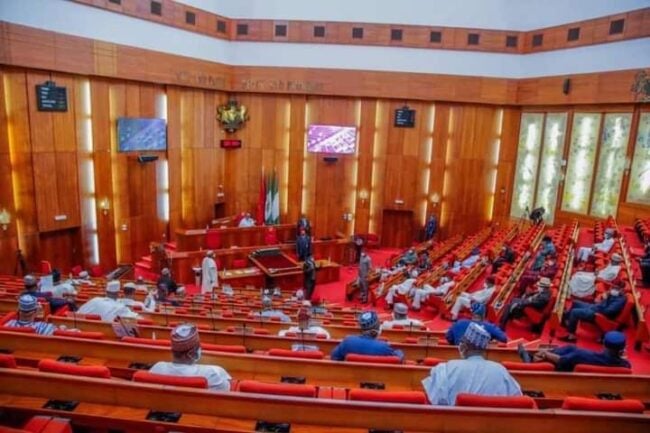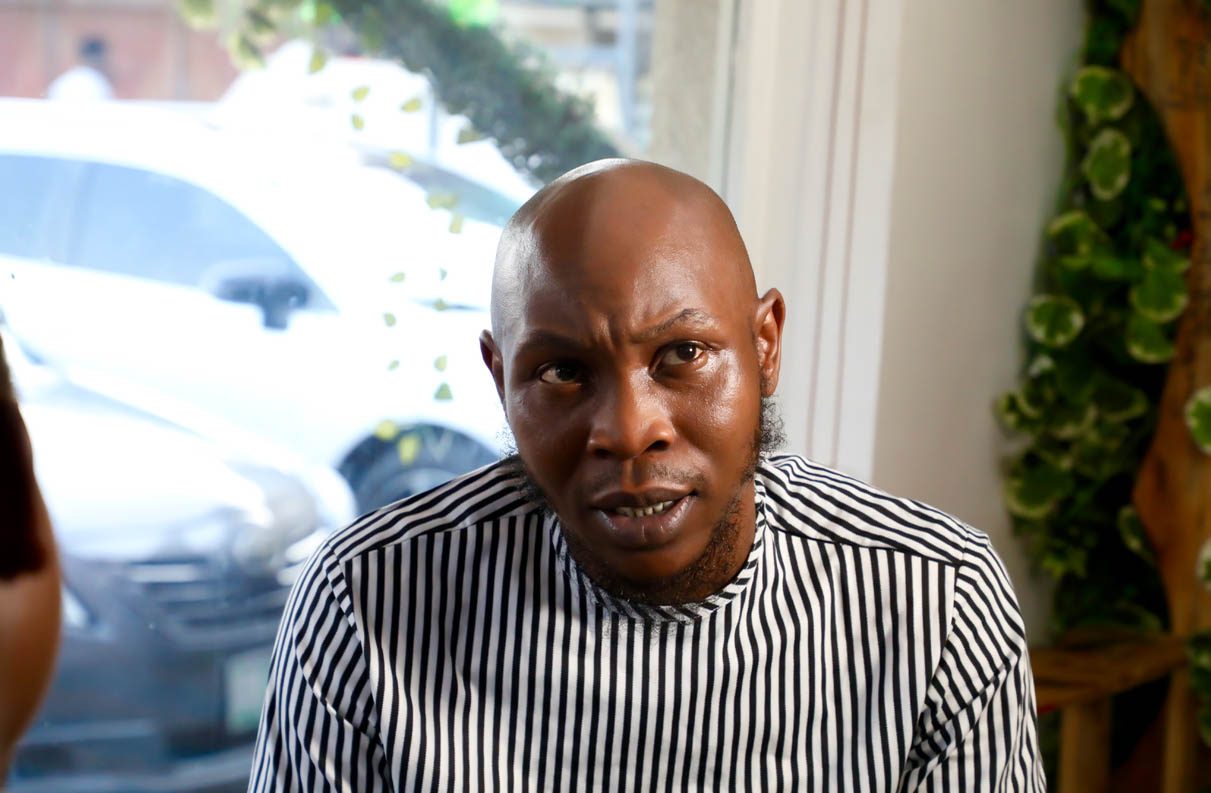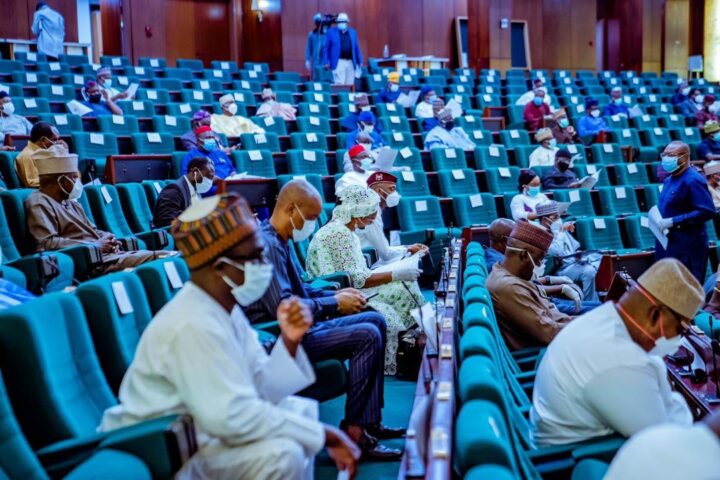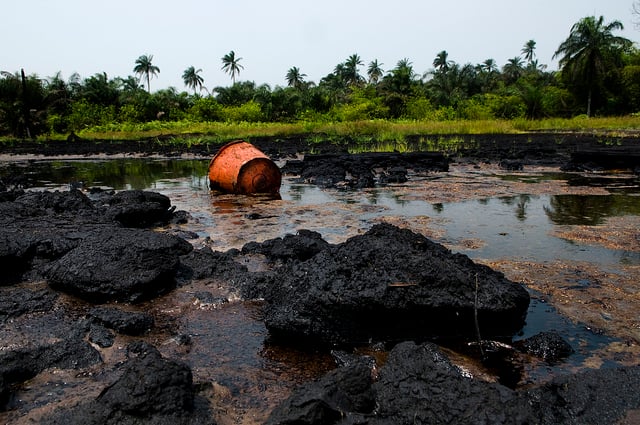Mele Kyari, group managing director of the Nigerian National Petroleum Corporation (NNPC), says the federal government will acquire a 20 percent equity stake in the Dangote Refinery.
According to reports, the state-owned oil firm is in talks with African Export-Import Bank (Afreximbank) for a loan to acquire the stake.
Kenni Obateru, the NNPC spokesperson, had told TheCable that the corporation could not disclose funding sources at the preliminary stages.
Confirming the report, Kyari, while speaking on Channels Television’s Sunrise Daily programme on Tuesday, said the stake would be acquired through debt funding by the banks.
Advertisement
He said NNPC would borrow to acquire equity stake to yield results and dividends for Nigeria instead of using funds from the federation.
Kyari noted that Dangote was not ready to sell equity in the refinery but the NNPC insisted on getting a stake in the strategically important oil and gas asset.
“We have been dealing in businesses anchor on the oil and gas sector, and we are doing this for the benefits of Nigerians,” he said.
Advertisement
“Our stake in Dangote is 20 percent against the report of 30 percent. Though valuation is still ongoing, about N19 billion, I’m not sure because it has not closed.
“We started this conversation in December 2020, and banks are comfortable with it and the value.”
Kyari said the benefits of the equity investment mean proximity of the petroleum product to market, removing the landing cost on transport currently about N21 per litre on fuel and the dividends it would yield for the government and Nigerians.
He said the corporation is currently doing an overhaul turnaround and not just maintenance of local refineries.
Advertisement
“We are doing overhaul turnaround, and the award of contract for Port Harcourt has been concluded,” he added.
“The other two refineries — Warri and Kaduna — will be awarded to contractors within two to three weeks, by the end of July, so that these two refineries can run concurrently.
“We are also borrowing for the rehabilitation of these refineries on the back of their cash flows.
“Part of the requirements is that we should not run the refineries. The lenders will do so.”
Advertisement
He said the efforts would see Nigeria becoming a hub for petroleum supply and legitimately as the supplier for West Africa.
Advertisement
